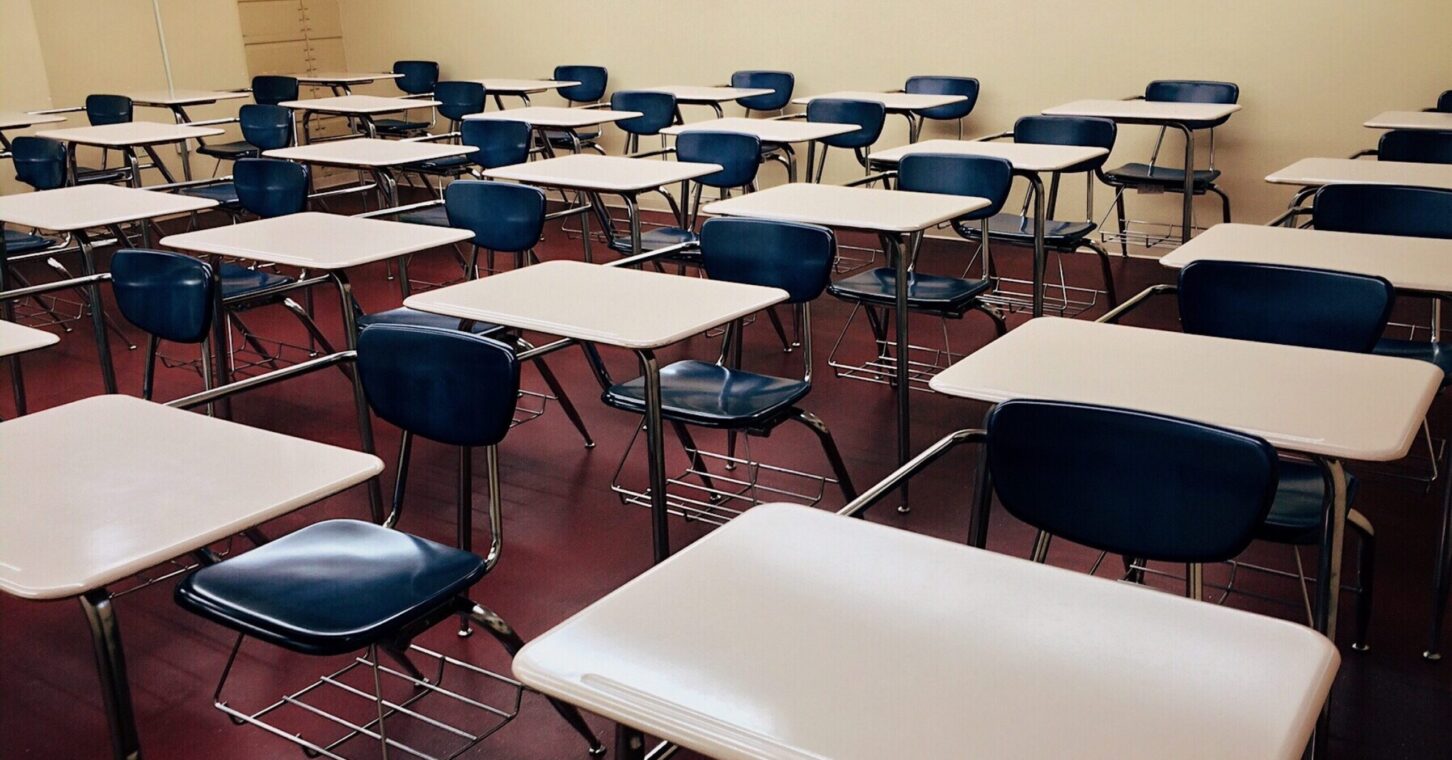
Nationally, and here in Georgia, public school students experienced a large degree of learning loss during the COVID-19 pandemic. Nationally, the average public school student in grades 3-8 lost about half a school year of learning in math and lost a quarter of a school year in reading.
The declines in Georgia were slightly lower, but still large. Georgia students lost over four months of learning in math between 2019 and 2022 and almost two months in reading.
Some in the public school establishment will tell you these declines on the National Assessment of Educational Progress (NAEP) do not matter, but the evidence clearly indicates that they do. Specifically, states with higher NAEP scores at a given time will see higher levels of economic growth in the future. This evidence suggests that NAEP scores are measuring student skills that will be valuable to them and to the rest of us because those students will be more productive citizens in the future.
Regarding this learning loss, U.S. Secretary of Education Miquel Cardona called the results “appalling, unacceptable, and a reminder of the impact that this pandemic has had on our learners.”
So, what’s the plan to combat learning loss here in Georgia?
In early 2023, our state legislature will have two golden opportunities to inspire urgency in state and local public school bureaucracies.
First, every January and February, the Georgia General Assembly holds budget hearings in which the heads of each state agency present their budget requests for the upcoming year. Georgians should be proud of the way those hearings are conducted, as state legislators ask serious questions about budget requests to ensure that our tax dollars are being spent well.
The budget hearings also serve another important function—they give legislators a chance to ask state agencies about the direction of policy. For example, they may ask, “You are asking the taxpayers to give you $40 million to achieve some goal. How exactly are you going to spend that money, and how will your implementation plan achieve that goal?”
In a series of three COVID-era bailouts under Presidents Trump and Biden, federal taxpayers have given the Georgia public education system over $6.6 billion in funding beyond the normal amounts of federal funding given to public schools. That is a lot of money, and it must be spent by September 2024. As of August 31, 2022, less than 42% of these funds had been spent.
In the 2023 budget hearings, state legislators need to ask State School Superintendent Richard Woods how local public schools are using this large pot of money to get students back on grade level. For example, how much are public schools spending on extra tutoring? What else are they spending the money on? Importantly, they need to ask Mr. Woods what our Department of Education is doing to combat learning loss in our public schools.
In his press statement regarding the learning loss in Georgia public schools during the pandemic, Mr. Woods said, “Given the impact of the pandemic on several years of these students’ schooling, I am encouraged to see them performing at the national average and with no significant changes in performance compared to 2019.” He went on to say he and his agency are “laser focused on academic recovery.”
Parents and their students should not have to wait for state and local education bureaucracies to address learning loss. Fortunately, the General Assembly has a second way to give education bureaucracies a sense of urgency and give parents the ability to take action now. Private schools saw far less learning loss than public schools during the pandemic. While bureaucracies are “encouraged” that student learning loss in Georgia was a bit less than the national average, the General Assembly should fund students and not systems, and let parents be allowed to direct taxpayer funds to the public or private school of their choice. Giving parents choice will give public schools the incentive to truly be “laser focused on academic recovery.” And if they are not, parents will be empowered to move their children to schools who will.
Ben Scafidi is the director of the Education Economics Center at Kennesaw State University and a senior fellow with the Georgia Public Policy Foundation.